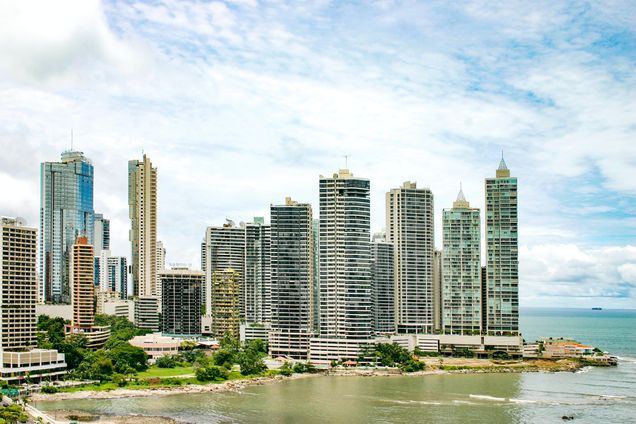A Disaster Under-(Re)Insurance Puzzle: Home Bias in Disaster Risk-Bearing

International sharing of the risk of disasters through insurance markets lies on a spectrum defined by two ideal types: full risk sharing and autarky. The full risk sharing case features 100 percent insurance coverage for losses within a country and a high degree of international reinsurance to spread the risks globally. Domestic full insurance abstracts from moral hazard, adverse selection, disaster myopia and other frictions that lead to non-participation, deductibles, co-pays and other departures from full insurance. Internationally, reinsurance spreads risk evenly to leave domestic investors holding only the share of their own disaster risk that corresponds to their share of global wealth. In theory, disaster insurance improves welfare if it is priced not too much above the actuarily expected loss. In autarky, no reinsurance leaves each country to bear all of its own disaster risk and none of the rest of the world’s risk.
一个
Looking forward, global warming may be raising the losses associated with flood and storm hazards while leaving those of earthquakes unchanged. The cost of both underpriced explicit government insurance, for instance against US floods, and implicit insurance looks set to rise. At the same time, the potential benefit of using prices to provide incentives to mitigate risks could also be rising. While this study finds limited international sharing of disaster risk, Ito and McCauley argue public policy would be ill-advised to neglect markets and prices in responding to the challenge of climate change.
Read the Journal Article